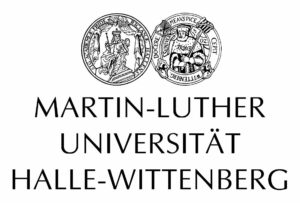Kiefhaber
The unfolded state of proteins represents the starting point for biologically important processes like folding, assembly, aggregation, and amyloid formation. Understanding the structural and dynamic properties of unfolded proteins was, therefore, essential for a detailed understanding of these processes. The aim of our project was the experimental characterization of intrachain dynamics and distance distributions in unfolded polypeptide chains using a combination of triplet-triplet-energy-transfer (TTET), fluorescence-resonance-energy-transfer (FRET) and dynamic light scattering (DLS). The investigated systems included repetitive model sequences (poly-(glycine-serine) and poly-serine chains, which served as homopolymeric reference models and fragments from the intrinsically disordered proteins brinker, antitoxin phD, and carp parvalbumin. We further studied the monomeric states of two amyloid forming systems to test whether the propensity to form amyloid structures was correlated with distinct structural and dynamic properties of the monomeric state. The investigated systems comprised polyglutamine peptides of different length, which were involved in Huntington’s disease, and the Alzheimer peptides Aβ(1-40) and Aβ(1-42). Comparison of the results from the different polypeptide chains studied in our project revealed distinct dynamic and structural properties of these different classes of unfolded polypeptide chains and provided information on the first steps in protein folding and misfolding, including amyloid formation. To shed light on the processes that determined the internal dynamics of unfolded proteins, we dissected the contributions from solvent friction and internal friction to the dynamics in all investigated polypeptide chains by performing TTET and FRET measurements at different solvent viscosities. To test the effect of external constraints on chain conformations and dynamics, all systems were studied in dilute solutions as well as in crowded environments, in the presence of various co-solutes (good solvent vs. bad solvent) as well as at different temperature and hydrostatic pressures. In addition to the characterization of the structural and dynamic properties of these unfolded polypeptide chains, we performed high-pressure stopped-flow experiments to investigate the effect of hydrostatic pressure on the kinetics of amyloid formation in polyglutamine peptides and different variants of the Aβ peptide.
Highlighted Publications:
!No publications in Databank.






